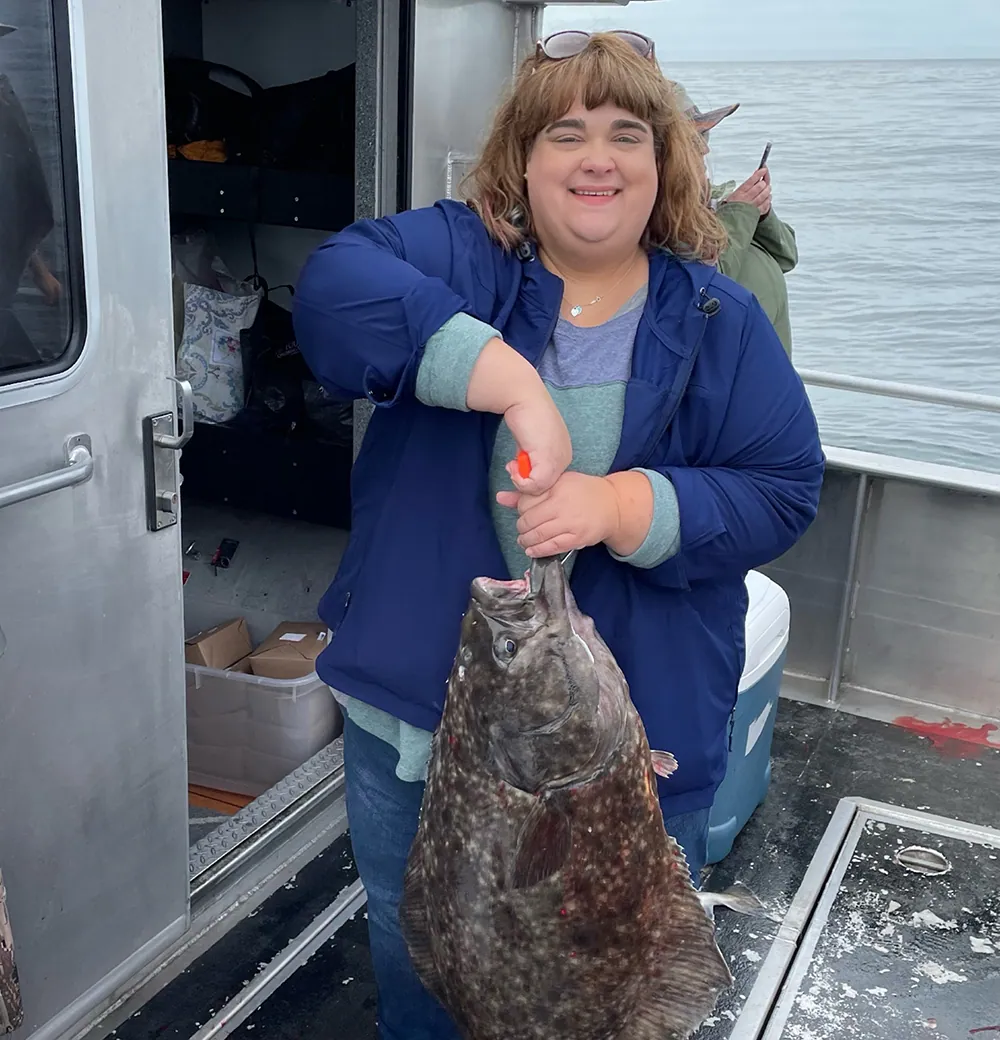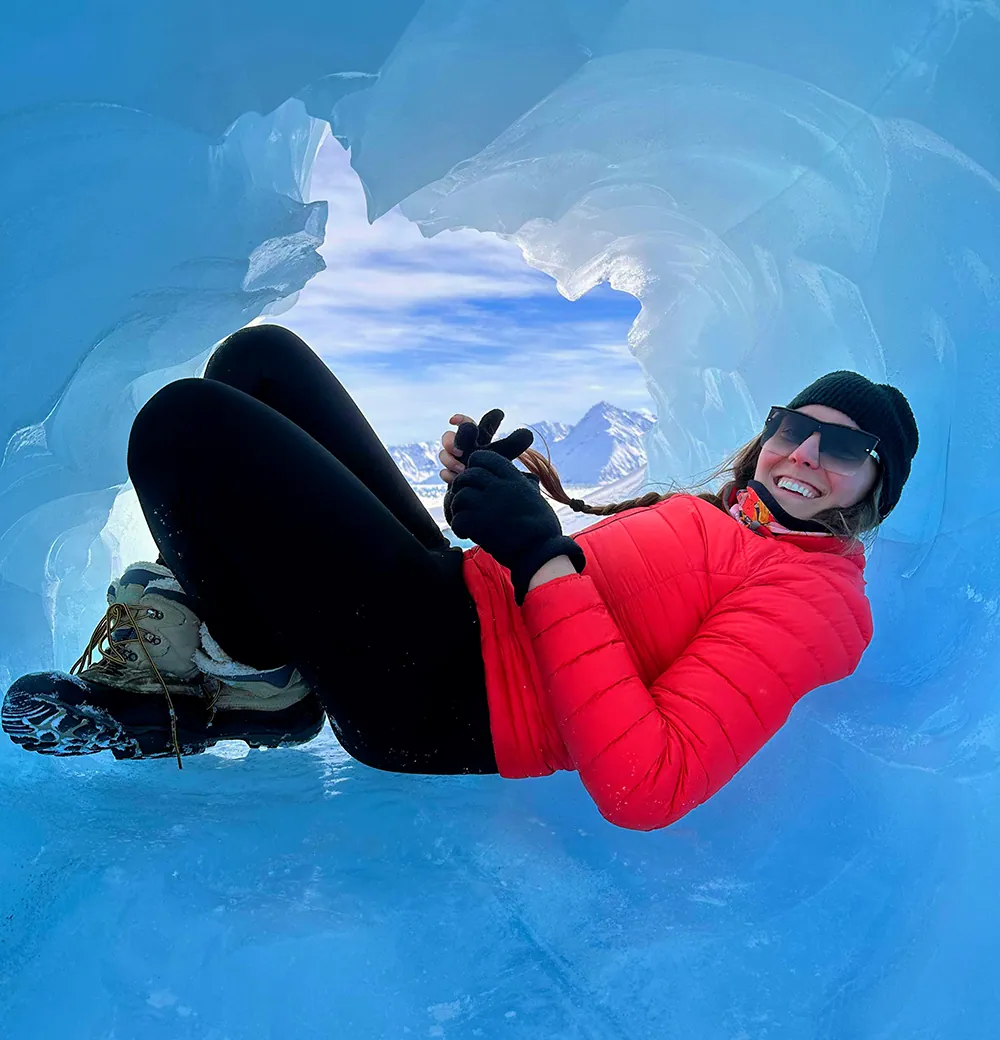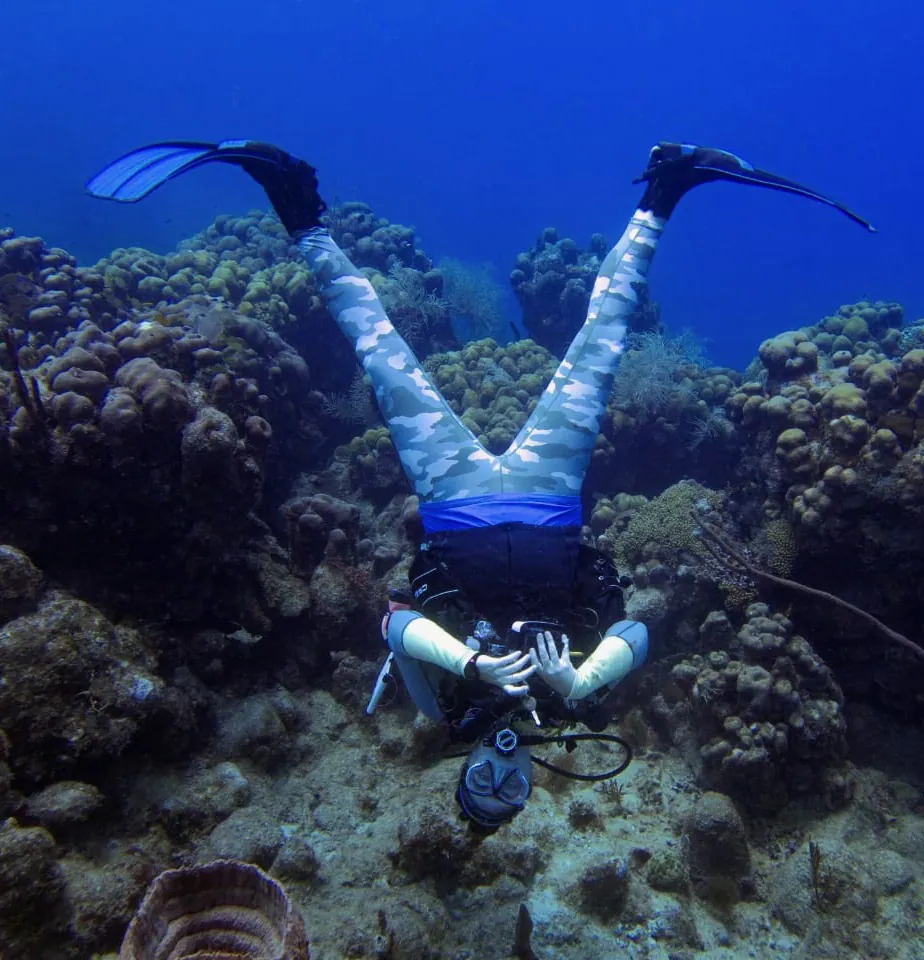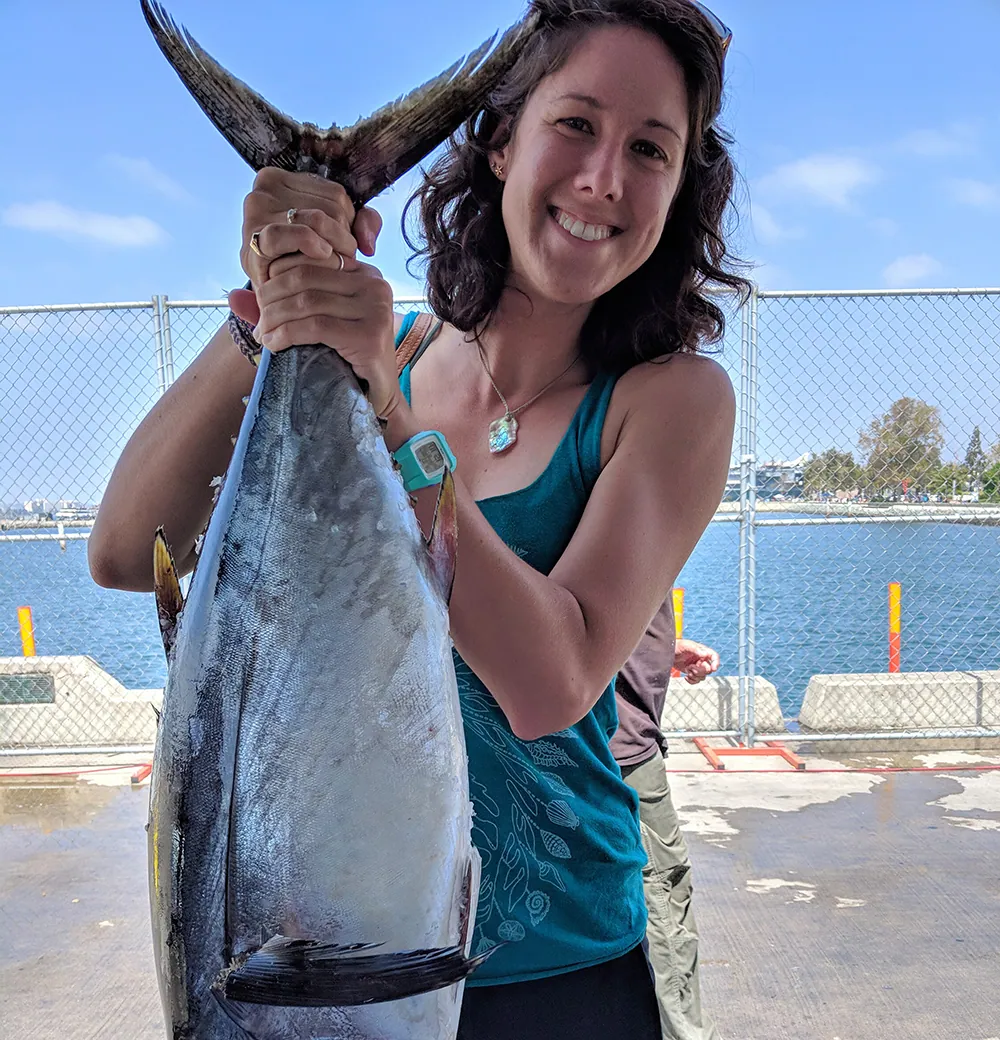Last night the Senate passed the $1.5 trillion bill that includes aid to Ukraine and provides federal funding through September 30, the end of Fiscal Year (FY) 2022. It now heads to the White House for President Joe Biden’s signature today. Congress moved at lightning speed to fund the government this week, spurred by bipartisan support for the added provisions to support Ukraine amidst the Russian invasion.
Text dropped in the early hours Wednesday morning (March 9), and after concern in the House Democratic caucus over COVID-relief spending almost derailed the entire process, the House passed the 2,741 page bill that night (sans COVID spending) and sent it to the Senate. Although provisions were made to give the Senate a few extra days to churn through and pass the bill, they passed it within 24 hours.
FY 2022 Omnibus Details
Although the FY22 spending bill brought a seven percent increase to non-defense spending and six percent for defense, it was still a disappointment to many in the science, environment, and ocean communities based on their expectations from the original House and Senate FY22 proposals.
Both the House and Senate bills, not to mention the President’s Budget, originally had 10-20+ percent increases for many programs and agencies that fund these efforts. In negotiations for parity with defense spending, and the need for additional funds to support Ukraine, those numbers were largely slashed to single digit increases, with few programs managing to keep their expected gains.
Below are topline summaries and some comparisons of the FY22 House and Senate bills, and how relevant departments and agencies fared in the final bill.
National Oceanic and Atmospheric Administration (NOAA)
| FY 21 Enacted | FY 22 House | FY 22 Senate | FY 22 Final |
| $5.43B | $6.46B | $6.28B | $5.88B |
The National Ocean Service (NOS) in particular saw the biggest cuts from the expected to the final FY22 numbers and was the only line office to see a decrease in both Operations, Research, and Facilities (ORF) and Procurement, Acquisition, and Construction (PAC) from both the House and Senate original proposals. Here’s an even more detailed table for NOAA by line item.
Environmental Protection Agency (EPA)
| FY 21 Enacted | FY 22 House | FY 22 Senate | FY 22 Final |
| $9.24B | $11.34B | $10.54B | $9.56B |
EPA will get a 3.5 percent increase above 2021 levels. This includes a bump from $28.5 to $35 million for the National Estuary Program Grants, including an increase to $750k for each of the 28 National Estuary programs.
Spending on geographic water programs will increase from $542 million to $587 million. This included:
- The Great Lakes: up $18 million to $348 million;
- San Francisco Bay: up from $9 million to $24 million;
- Lake Champlain: up from $20 million to $25 million.
Other increases in EPA’s budget include $13 million more for compliance and enforcement; an additional $38 million for state and tribal grants; and $27 million for Superfund cleanups.
The Clean Water and Drinking Water State Revolving funds are flat funded although last year’s bipartisan infrastructure package infused the twin funds with $43 billion in additional cash over the next five years.
The biggest relative budget gain is environmental justice, which will jump from just $17 million to $100 million. EPA will be required to come up with a spending plan within 30 days of the bill’s enactment.
Department of Interior (DOI)
The Interior Department will get $14.1 billion, a $776 million or 5.8 percent increase over 2021, split across its various agencies.
The Bureau of Land Management’s budget will increase $101 million to $1.41 billion, including at least $78 million for sage-grouse conservation. The Fish and Wildlife Service will get $1.65 billion, up $62 million. The Bureau of Safety and Environmental Enforcement gets almost $156 million, up about $30 million.
Bureau of Ocean Energy Management (BOEM)
| FY 21 Enacted | FY 22 House | FY 22 Senate | FY 22 Final |
| $192.82M | $223.93M | $184.78M | $206.75M |
The Bureau of Ocean Energy Management will get additional funds for environmental assessments and renewable energy development.
United States Department of Agriculture (USDA)
The measure will allocate $78.3 million to help USDA address the impacts of climate change, including responding to climate crises and conducting research.
Conservation programs will receive just over $1 billion, including $101 million for infrastructure for watershed and flood prevention and watershed rehabilitation projects, $8.5 million for the Urban Agriculture and Innovative Production Program, and $7 million for the Healthy Forests Reserve Program.
The Forest Service is slated to receive $3.7 billion for non-fire operations, an increase of $239 million above the 2021 levels. In total, the bill provides $5.48 billion for wildland fire management.
Food and Drug Administration (FDA)
FDA will receive a total of $3.3 billion in discretionary funding, an increase of $102 million. Of that, $29.5 million is targeted for food regulation, including to help FDA “better avoid or more quickly respond to food outbreaks, improve the animal food inspection system, and address heavy metals in baby food,” per a committee summary. Seafood safety is flat funded.
Department of Energy (DOE)
| FY 21 Enacted | FY 22 House | FY 22 Senate | FY 22 Final |
| $7.03B | $7.32B | $7.50B | $7.475B |
The Advanced Research Projects Agency – Energy (ARPA-E) will receive an increase but not near the House (+41 percent) or Senate (+17 percent) plans. The agency is funded at $450 million in FY22, an increase of 5.4 percent or $23 million over FY21. The proposed ARPA-C (Climate) was not funded in the FY22 Omnibus, however.
Maritime Administration (MARAD)
| FY 21 Enacted | FY 22 House | FY 22 Senate | FY 22 Final |
| $1.17B | $1.25B | $1.13B | $1.25B |
The Maritime Administration does well – it will see a plus-up from FY21 and received $121 million over the President’s Request. The bill report also directs MARAD to prioritize maritime environmental and technical assistance activities that reduce vessel and port air emissions.
National Science Foundation (NSF)
| FY 21 Enacted | FY 22 House | FY 22 Senate | FY 22 Final |
| $8.49B | $9.63B | $9.49B | $8.84B |
The Research and Related Activities account, which hosts NSF’s research portfolio, will receive a similar 4.2 percent increase, up from $6.91 billion in FY21 to $7.2 billion for FY22. The Education and Human Resources account will also see an increase of 4.3 percent, going from $996 million in FY21 to $1.01 billion in FY22.
National Aeronautics and Space Administration (NASA)
| FY 21 Enacted | FY 22 House | FY 22 Senate | FY 22 Final |
| $23.27B | $25.04B | $24.80B | $24.00B |
The NASA Science account will receive a 4.1 percent increase and go from $7.30 billion in FY21 to $7.60 billion in FY22.
National Institute of Standards and Technology (NIST)
| FY 21 Enacted | FY 22 House | FY 22 Senate | FY 22 Final |
| $1.03B | $1.37B | $1.39B | $1.23B |
NIST will receive an increase of $200 million or a 19 percent increase. The Science and Technical Research and Services account will receive an increase of $850 million, 7.9 percent more than it received for FY21.
Defense Advanced Research Projects Agency (DARPA)
| FY 21 Enacted | FY 22 House | FY 22 Senate | FY 22 Final |
| $3.50B | $3.48B | $3.93B | $3.87B |
DARPA will see an increase of 10.6 percent or $370 million over FY21.
For more information on the details in FY 2022, contact ESP Advisors: info@espadvisor.com











